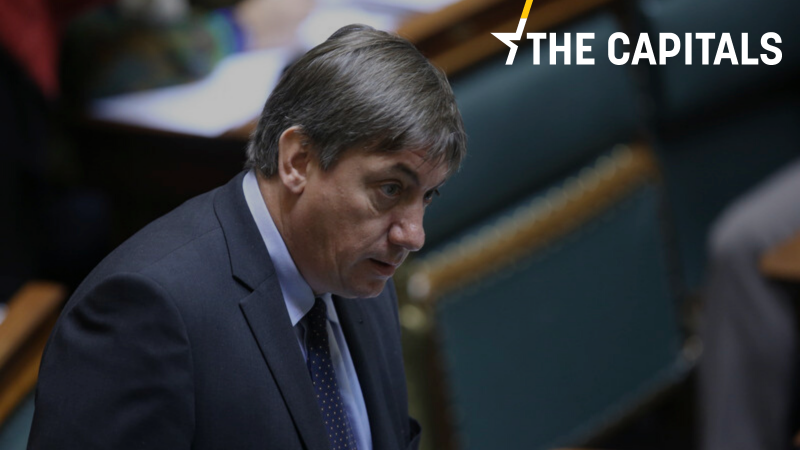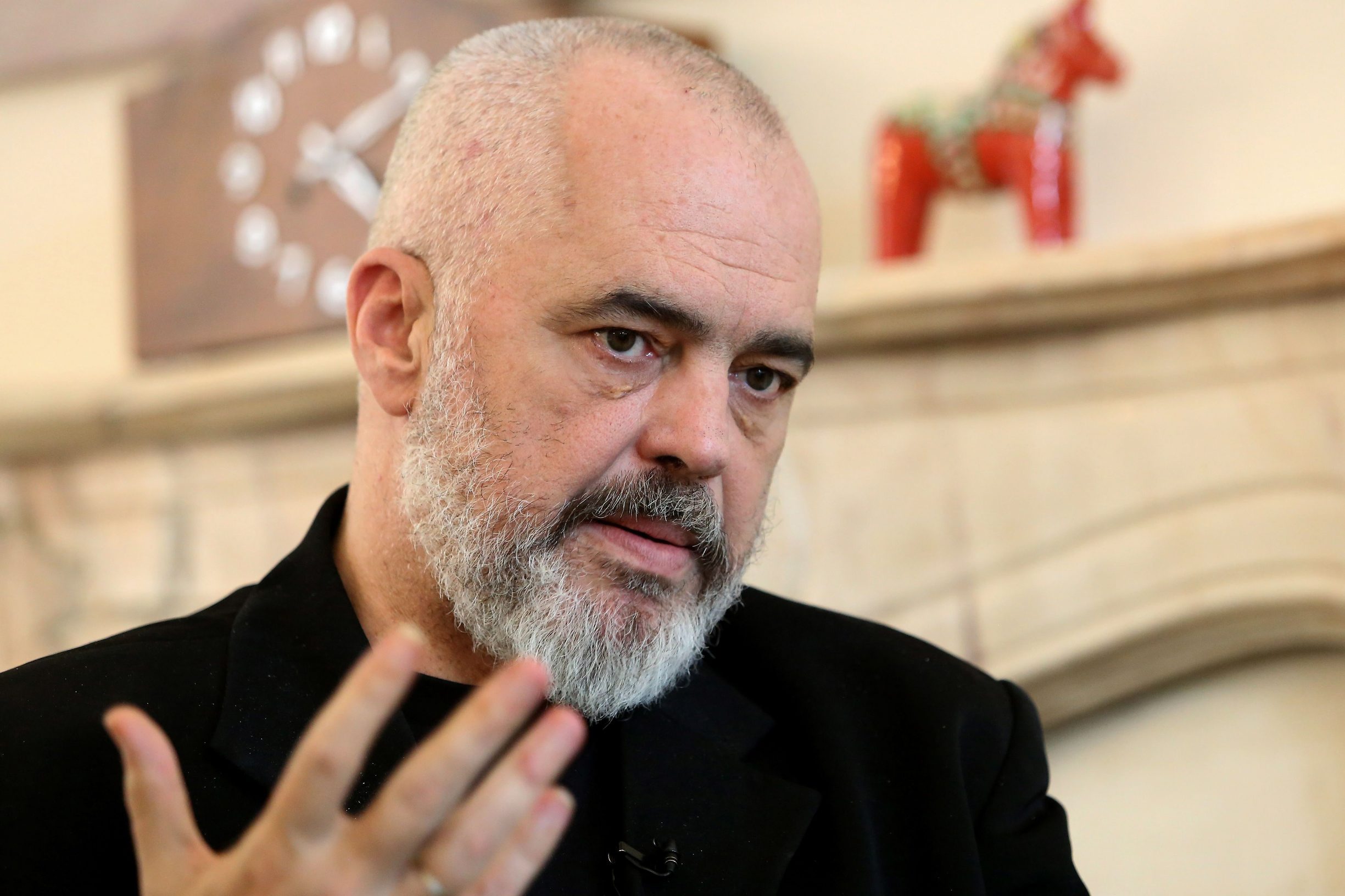
Edi Rama, the prime minister of Albania, submitted this op-ed exclusively to EURACTIV.
Next Monday (17 February), the European Commission will host the international donors’ conference for Albania to help with reconstruction after the November earthquake that has caused so much pain in our country.
After a swift response to our big needs for assistance in the aftermath of the natural disaster, the EU is again, generously, stepping forward. This is more than giving a helping hand to a country in need, a country that, faced with an enormous task, will nonetheless find the strength and determination to rise above this challenge.
We have done it in the past and we will do it in the future. Moreover, this is not only about reconstruction and rebuilding, although we need to move quickly by ensuring that people get the support they need and that the final number of 17.000 temporary displaced Albanians can return as soon as possible to a safe home.
The gist of the story is about the unbreakable connection between the EU and Albania, one that justifies any effort to make it stronger and to advance our plans for integration.
Some have described last year’s decision of the EU to postpone the opening of the accession negotiations with Albania and North Macedonia as an end of an era and advised us to plan our reform plans beyond the mantra of integration and enlargement.
Others have jumped into portraying the lack of agreement between the EU member states as a historical mistake, one that opens the door to fierce great – and middle – power competition in Western Balkans.
For some, it is easy to mistake a bump in the road for an earthquake, but we, Albanians, having only recently gone through this shattering experience, can make the difference. If we are to stay true to our democratic values and quest for inclusive and shared prosperity, there is no alternative for Albania.
We have to do our job, advance reforms and convince our European partners that we have all it takes to start accession talks now and be future members of the club.
I share the assessment of our European friends that the enlargement procedure needs an overhaul and I welcome the proposal put forward last week by the European Commission for a more credible and predictable accession process.
My hope is that the member states will be able to coalesce around this well-designed plan and we will have to structure our cooperation around these new benchmarks. I especially welcome the idea of progressively rewarding success and of giving the candidate countries the opportunity to engage more thoroughly with the EU on issues on which they are closer to the common standards.
A gradual process, with clear feedback and with politics playing a more prominent role, prevents unpleasant surprises and gives us the predictability we need.
Our government will continue to work closely with the EU partners and address all their concerns, starting with the ones related to the quality of democracy and rule of law.
The recent special police operation against illegal assets of those convicted or indicted for organized crime and serious crimes in the last three decades, is only the beginning of the toughest fight yet against organized crime and corruption, something that is possible today after the successful justice reform and vetting of judges and prosecutors.
At times, Albanian politics can become nasty and the bickering can affect our international credibility, but I am sure that – in a society where EU’s support is above 90% and there is no anti-European political party – we have the resources to move on incessantly towards the greater objective that is European integration.
It will not be easy and it will require the transformation of our economic, social, and political systems, as has been already the case with the post-Communist countries that have joined the EU starting 2004. But, as we are reminded very often by great women and men, where there is a will there is a way.
The EU needs not only stability in the Western Balkans, but also reconciliation. The idea of an inclusive Regional Schengen and cooperation among our six countries based on the four freedoms of the European Union (the free movement of goods, capital, services, and labour) is not a Plan B, a consolation prize to show to a disappointed public that we can deliver.
We all share the goal of European integration and the best way to move forward is to actively prepare for it by opening our economies and borders in a way directly inspired by the essential principles behind the European project.
A better-connected region of Western Balkans will faster and more successfully integrate into the EU. As I am preparing for our conference next week, I remain hopeful that this year will bring about a breakthrough for Albania in its European pursuits.
Nevertheless, we are stubbornly confident that there is nothing to prevent us from joining in due time the great family of European democracies, and our people’s gain will also be EU’s.







Za sudjelovanje u komentarima je potrebna prijava, odnosno registracija ako još nemaš korisnički profil....